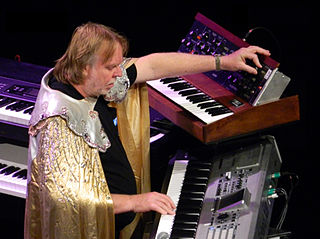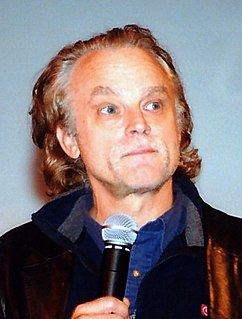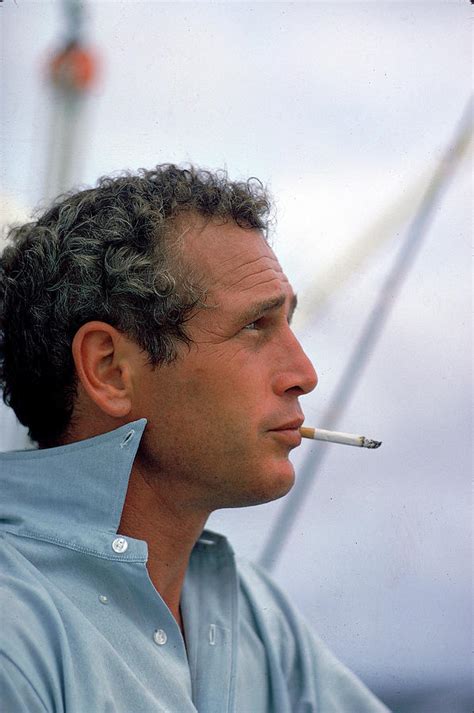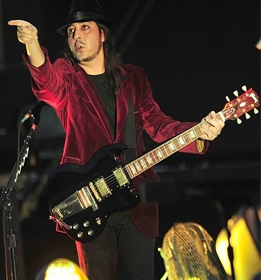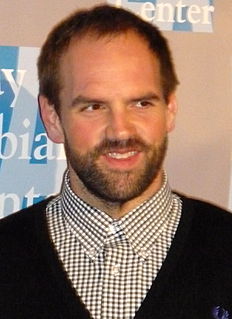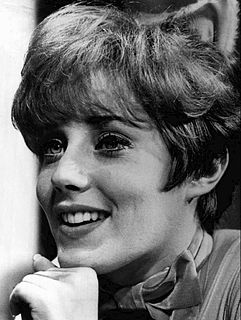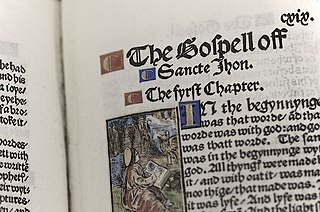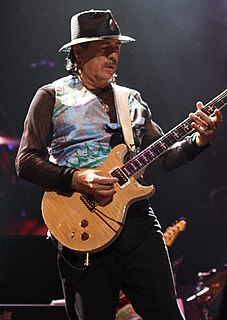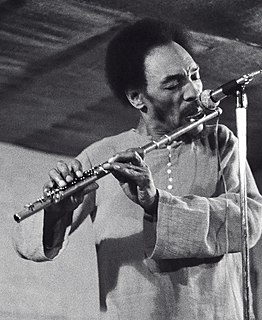A Quote by Rick Wakeman
I had joined Yes in 1971. I was a classically trained musician who had worked with numerous artists as a session musician. I played on David Bowie's 'Life On Mars,' Cat Stevens's 'Morning Has Broken' and even on some Des O'Connor records, though I kept that quiet.
Related Quotes
I don't really have a career as a jazz musician. I don't really have a career as a classical musician. I don't really have a career as a college professor, and yet I did all those things and I did them well. I put out some records in the 1980's and 1990's that changed the way some trumpet players played.
The first thing that got to me was seeing David Bowie on a children's TV show, but Bowie was way beyond my aspirations. The Buzzcocks' Spiral Scratch came out in 1977 and it had a breakdown of the recording costs, then you saw Pete Shelley playing a broken guitar from Woolworths. We already had an idea of the kind of music we wanted to do, but punk showed us a way to do it.
